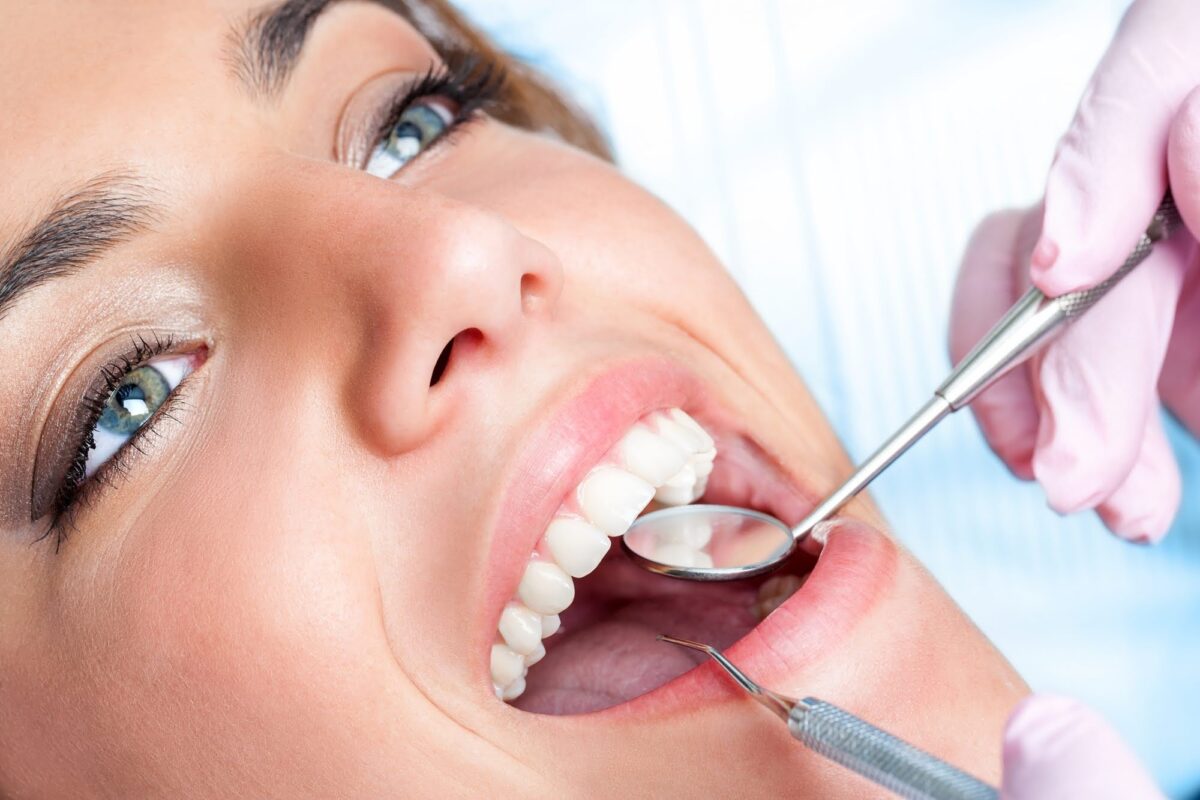The Link Between MS And Oral Health: What You Need To Know

Multiple sclerosis (MS) is a chronic autoimmune disease that affects the central nervous system. It can cause lesions in the brain and spine, affect the way a person moves, and even affect their mental faculties. Every person treats and progresses with their MS symptoms differently, and any autoimmune disease can affect oral and circulatory health.
As a result, MS symptoms vary greatly from person to person, making it difficult to predict how the disease will progress. While MS primarily affects mobility and cognition, it can also impact other areas of health, including oral health. Here, we’re going to explore the link between MS and oral health, discuss common concerns you should watch out for, and provide tips for approaching dental surgery and other major dental issues.
Effects of MS on Oral Health
While there is no direct correlation between MS and oral health, the disease can indirectly impact the teeth and gums. For example, MS can cause muscle weakness or spasms that affect a person’s ability to brush and floss properly. Additionally, MS patients may experience dry mouth, which can lead to cavities and gum disease because the mouth is unable to flush out bacteria and other matter properly. Furthermore, MS patients may be more susceptible to oral infections and gum disease due to a weakened immune system. This can be especially true after an MS patient has undergone a recent IV infusion treatment for their disease.
Common Concerns to Watch Out For
If you have MS, it’s important to pay close attention to your oral health and watch out for potential concerns. Some common concerns to watch out for include tooth decay, gum disease, and oral infections. Gum disease, in particular, may be of special concern for MS patients, even if they don’t have a history of gum disease or it doesn’t run in their family.
Approaching Dental Surgery
If you need to have dental surgery, it’s important to approach the situation carefully and with your MS in mind. First, it’s important to communicate with both your dentist and your MS specialist to ensure that all parties are informed about your unique situation. Additionally, it may be necessary to adjust your medication schedule or to use antibiotics to prevent infections during and after surgery. You may need to alter when you get your regular IV infusions for MS, for example, in order to get your dental work done. Finally, it may be helpful to arrange for a ride home after the surgery, as more fatigue, stress, and muscle weakness related to dental surgery can make MS symptoms more prevalent.
Tips for Maintaining Oral Health
MS can make it challenging to maintain proper oral health, and there are steps you can take to keep your teeth and gums healthy. First, be sure to brush and floss regularly, and consider using an electric toothbrush to make the process easier. Additionally, be mindful of what you eat and drink, as certain foods and beverages (especially those high in sugar and acid) can be detrimental to oral health. Finally, schedule regular dental checkups and cleanings to stay on top of any developing concerns.
While MS may primarily affect mobility and cognition, it can have an impact on oral health as well. To maintain healthy teeth and gums, MS patients should be aware of potential concerns, pay close attention to their oral health, and consider adjusting their approach to dental surgery when they need to have work done. By taking these steps and focusing on proper oral hygiene, MS patients can maintain a healthy smile and avoid unnecessary complications. For all your dental cleaning or more severe dental surgery needs, call our office at Accent Dental today.

